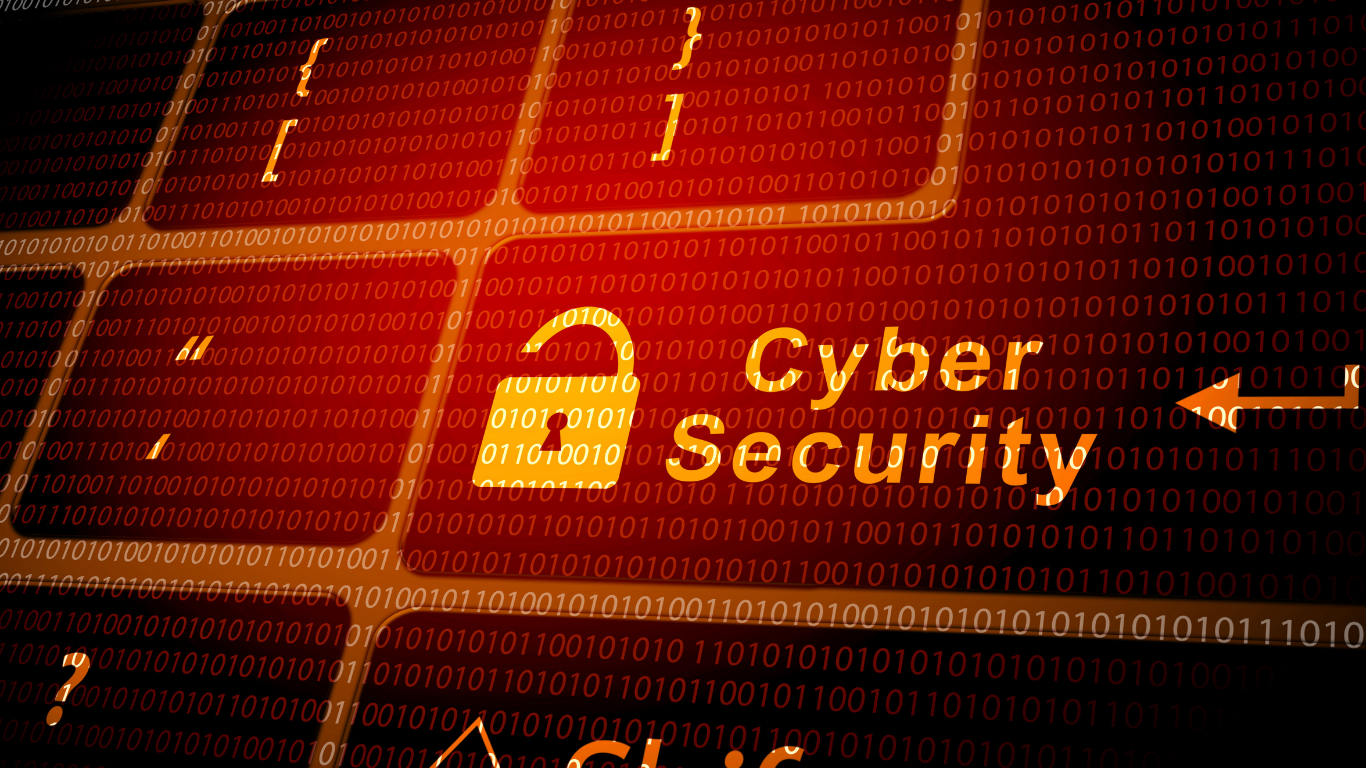Cyber threats are a major problem for everyone today. Small businesses are now targets. They often have weak defenses. Knowing the best cybersecurity tools for small businesses, these tools protect data and build customer trust. They can determine a company’s future.
Why Cybersecurity Matters for Small Businesses
Entrepreneurs often think cybercriminals only target big companies. But small businesses are frequent targets of attacks. They may target small businesses more often. Small businesses have small IT budgets. They also lack dedicated security teams. They often rely on cloud services. These factors make them attractive targets. That’s why good cybersecurity tools are important. They give small business owners affordable and strong protection.
Cyberattacks are about more than just stolen data. They can mess up your image, shut you down, and get you in trouble with the authorities. Using the right tools from the beginning helps small businesses stay protected and save money.
Must-Have Cybersecurity Tools for Small Businesses

Antivirus & Endpoint Protection
Hackers target endpoints. These include laptops, desktops, and mobile devices. Solutions exist to protect these devices. Examples are Bitdefender, Norton, and CrowdStrike Falcon. These tools offer real-time malware detection. They also provide ransomware protection. Automated threat response is another feature. These are excellent cybersecurity tools for small businesses. They help keep devices safe.
Firewalls (Next-Gen)
Firewalls alone aren’t sufficient now. New firewalls, like Fortinet and Palo Alto, watch your network, stop bad stuff, and keep intruders out. A cloud firewall gives small businesses top-notch security, and it’s not complicated.
Password Managers
Passwords that are easily guessable pose a significant security risk. Employees may generate, preserve, and share highly secure passwords using applications such as 1Password, LastPass, and Dashlane. A password manager is not only affordable, but it is also one of the greatest cybersecurity tools for small businesses looking to decrease insider threats.
Multi-Factor Authentication (MFA)
Using passwords alone is hazardous. MFA technologies such as Duo Security, Microsoft Authenticator, and Google Authenticator may need a further verification step—such as a phone code—before providing access. This one improvement can dramatically reduce the likelihood of illegal entrance.
Secure Cloud Backup
Data loss is painful, whether due to ransomware or system breakdowns. Cloud backup solutions like Acronis, Backblaze, and Carbonite provide business continuity. They automatically save information safely offshore, offering small businesses peace of mind.
Email Security Tools
Email phishing is one of the most popular types of attacks. Mimecast and Proofpoint are platforms that screen dangerous communications before they reach inboxes. Google Workspace and Microsoft 365 provide excellent built-in security features for startups and small enterprises.
Virtual Private Network (VPN)
Remote and hybrid work styles necessitate secure connectivity. VPNs such as NordLayer, Perimeter 81, and Cisco AnyConnect encrypt internet connections to protect critical corporate activity from prying eyes. A VPN is still one of the greatest cybersecurity solutions for small businesses with remote workers.
Security Awareness Training Platforms
Employees are frequently the weakest links. Platforms such as KnowBe4 and CyberHoot provide training simulations to teach employees how to identify phishing efforts, social engineering, and dangerous activities. Investing in awareness is equally as vital as investing in software.
Comparison of Cybersecurity Tools
| Tool Category | Example Tools | Why It Matters for Small Business |
| Antivirus/Endpoint Security | Bitdefender, CrowdStrike, Norton | Protects devices from malware & ransomware |
| Firewalls | Fortinet, Palo Alto, Sophos | Blocks intrusions, monitors traffic |
| Password Managers | 1Password, LastPass, Dashlane | Creates & stores strong passwords |
| MFA Solutions | Duo, Google Authenticator, Microsoft Authenticator | Adds extra login security |
| Cloud Backup | Acronis, Backblaze, Carbonite | Prevents data loss & ensures recovery |
| Email Security | Mimecast, Proofpoint, Google Workspace | Blocks phishing & malicious links |
| VPN | NordLayer, Perimeter 81, Cisco AnyConnect | Secures remote work connections |
| Training Platforms | KnowBe4, CyberHoot | Educates employees on threats |
How to Choose the Right Cybersecurity Tools

For small businesses, the cybersecurity sector may be intimidating. With so many solutions offering security, speed, and dependability, it’s critical to adopt a systematic approach before investing. Here are the important aspects to explore in detail:
Understand Your Business Needs
Businesses confront distinct threats, such as POS (Point of Sale) security for retail outlets and data privacy for digital marketing firms. Mapping data kinds, systems, and possible risks can help you avoid wasting resources on unproductive products.
Ease of Use and Deployment
Small businesses frequently lack a specialized IT security staff. Select tools with easy dashboards, automatic updates, and low setup needs. A complex platform that requires continual monitoring may cause more difficulties than it solves.
Scalability
Your business will expand, as will your digital presence. Ensure that the tools you choose can scale—whether by adding more users, integrating with new software, or managing larger data volumes—without requiring a complete replacement later.
Integration with Existing Systems
Good cybersecurity tools should integrate smoothly with your email platforms, CRM, cloud storage, and payment systems. Look for solutions that provide built-in connectors and APIs so you don’t have to keep switching between apps.
Automation and AI Features
Modern cyber risks grow too swiftly to be manually monitored. Artificial intelligence (AI) and machine learning (ML)-powered tools can detect abnormalities, thwart phishing attempts, and flag questionable activity in real time, saving you time and money.
Cost vs. Value
Don’t go with the cheapest tool. Compare features to pricing. A somewhat greater initial cost may typically save thousands of dollars by eliminating data breaches, downtime, and compliance fees. Always think about ROI (Return on Investment) when it comes to security.
Choosing the best cybersecurity tools isn’t about buying the most well-known brand; it’s about finding solutions that fit your company’s size, budget, risks, and growth objectives.
Conclusion
As cyber threats change, so will the best cybersecurity technologies for small businesses. AI-powered threat detection, automated response systems, and more interaction with cloud services are becoming commonplace. Small firms that implement these technologies early can not only protect themselves but also win client trust and a competitive advantage.
Cybersecurity is a must-have for small businesses. The appropriate combination of technologies, from antivirus protection to VPNs and security training, may provide a strong defense against current threats. By selecting the finest cybersecurity technologies for small businesses, owners can protect their operations, data, and reputation while focusing on expansion.
Making an investment in cybersecurity represents not simply a choice around 2025 and beyond; it is the most prudent business decision you can make.



